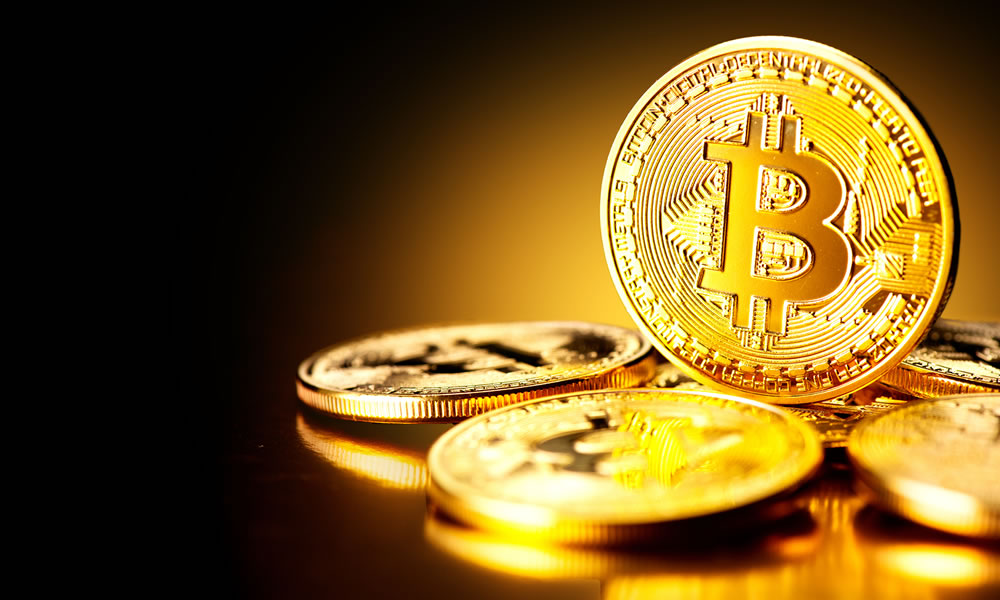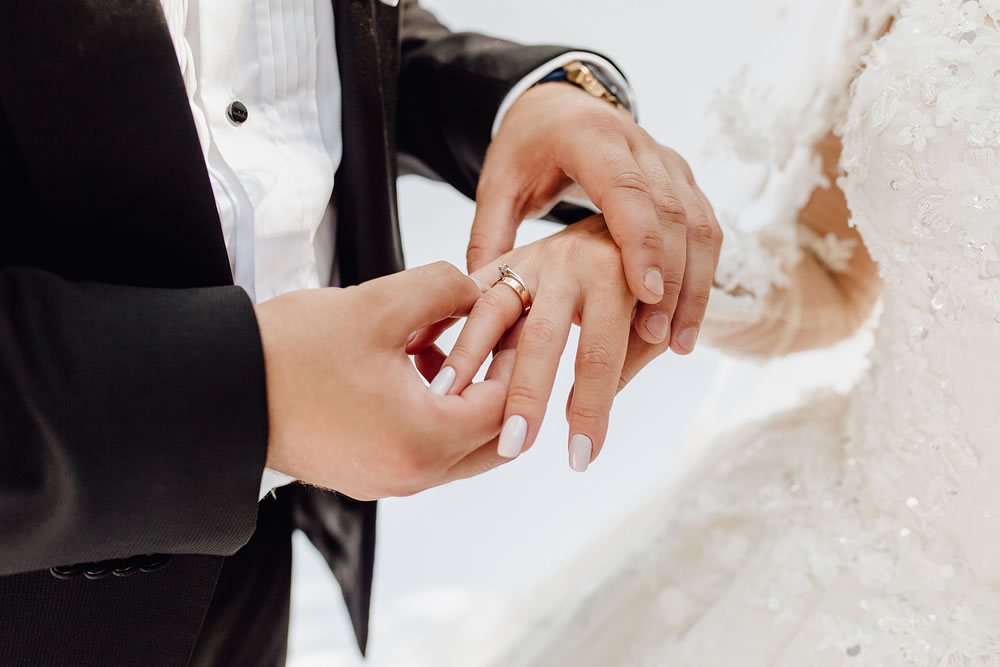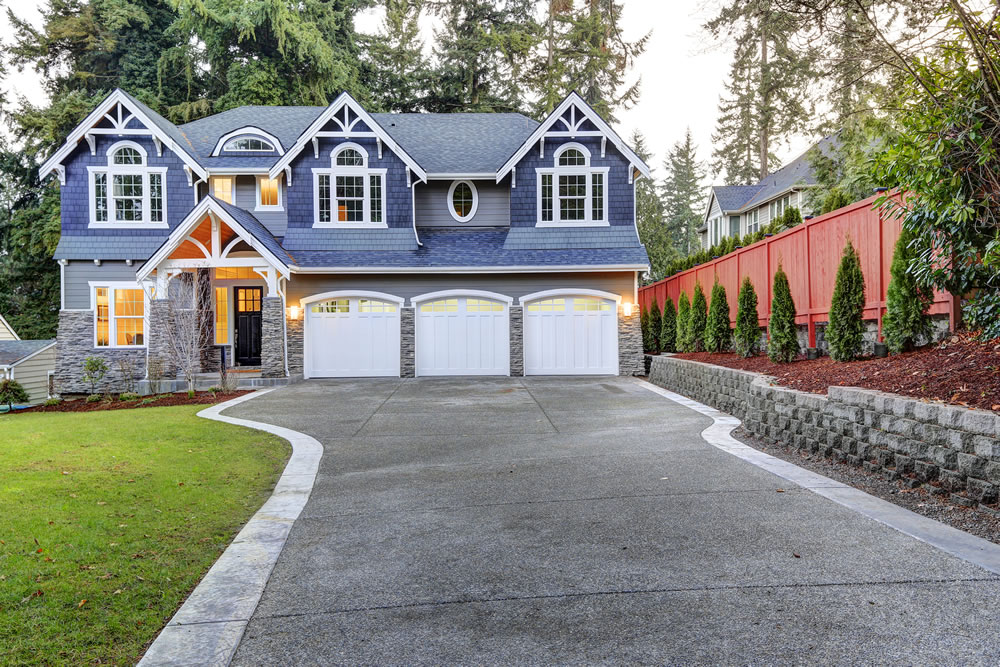When we talk about the blockchain, our minds generally meander into the realms of digital currency. After all, that is one of the technology’s best-known uses.
However, aside from the thousands of cryptocurrency traders and software platforms like The Bitcoin Code that interact with the blockchain every day, there are a number of other industries which engage with the technology.
It is easy to see why. In an increasingly digital age, with security threats, like hackers, growing ever more sophisticated, the secure ledger offered by blockchain technology is appealing – and will surely grow more so as more industries adopt its ways.
Read on for five examples of how the blockchain is already being utilised around the world.

Healthcare management
With discretion a necessity, the blockchain is a perfect solution for keeping patient records secure.
According to research, more than 176 million patient records were breached between 2009 and 2017, with many of these breaches attributable to stretched and out-of-date IT systems, long past their best.
Not only are patient records more secure on the blockchain, but they are also more likely to be accurate – offering a real-time, secure, and accessible platform for patient information. This also negates another of the healthcare industry’s costly inefficiencies – miscommunication.
A number of healthcare providers have embraced blockchain technology to combat this problem, including Factom in Texas, USA, Medicalchain in London, UK.
Marriage ceremonies
As of 2019, same-sex marriage was still illegal in 87% of the world’s countries. This gave the marketing team behind Bjorn Borg, the Swedish brand named after the country’s tennis legend, an ingenious idea.
By utilising blockchain technology, the brand created Marriage Unblocked – a platform which allows users to register their marriages on the ledger, avoiding the scrutiny of states or religions.
The first users to tie the virtual knot on Marriage Unblocked were Swiss couple Sybille and Alexandra, with Switzerland dragging its heels on allowing gay couples to wed.
At the time, they told Campaign Live: “We’ve been planning on getting married for a while now but since it’s not legal in our home country, we don’t know if or when that will ever happen. But now we are married, and it feels fantastic. We also hope our blockchain marriage pushes societies to recognise a basic human right – marriage equality.”

Holding elections
While Western society can feel relatively confident that one of the fundamental tenets of our society – democracy – holds firm, there are many areas of the world where this not the case. And, once again, blockchain may prove to be the immutable solution.
Non-profit organisation Democracy Earth produced the ‘Sovereign’ system in an attempt to reduce the chances of fraudulent voting – using the blockchain to produce tokens (instead of coins, when used for cryptocurrency), which can be used to vote.
Sierra Leone became the first country to hold a blockchain-based election in March 2018, with 70% of voters using the Agora platform to cast their ballot, with polling results shown in real-time.
Leonardo Gammar, the creator of Agora, said: “If you believe that most countries will use some form of digital voting 50 years from now, then blockchain is the only technology that has been created which can provide an end-to-end verifiable and fully-transparent voting solution for this future.”
Real estate management
As we reported a while ago, cryptocurrency is already being used to fund luxury property transactions – but what if the blockchain was utilised to record home ownership?
If you have ever bought a house, you can understand how sluggish and frustrating the legal process can be. In a great number of cases, it takes a great many weeks to receive the keys to your new home after having an offer accepted – and the paperwork can be a nightmare.
With its extremely secure, decentralised ledger, blockchain is proving to be a tempting solution to real estate management. So much so, in fact, that HM Land Registry has already trialled blockchain as a future solution.

Trading solar power
Embracing the peer-to-peer, decentralised nature of the blockchain, residents of Brooklyn, New York, created the Brooklyn Microgrid – a platform for local residents to trade their excess solar power on the blockchain.
Consumers who have solar panels on their home are entirely in control of their trading platform, ripping power away from large energy companies, instead allowing Brooklyn-based users to create their own micro energy market.






















